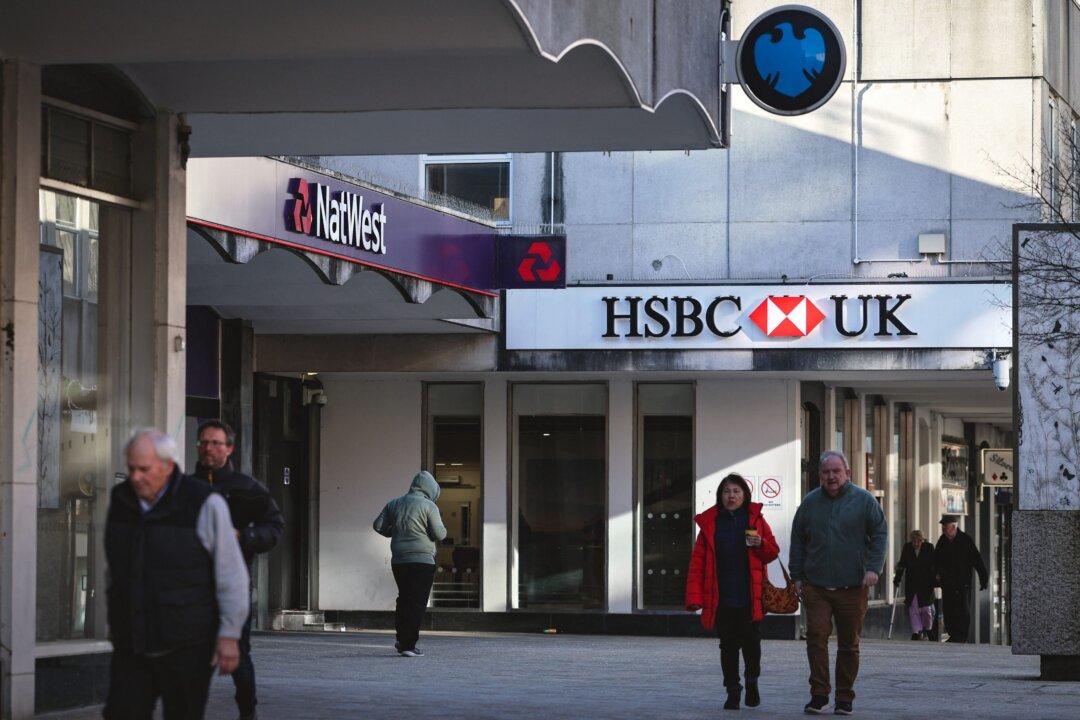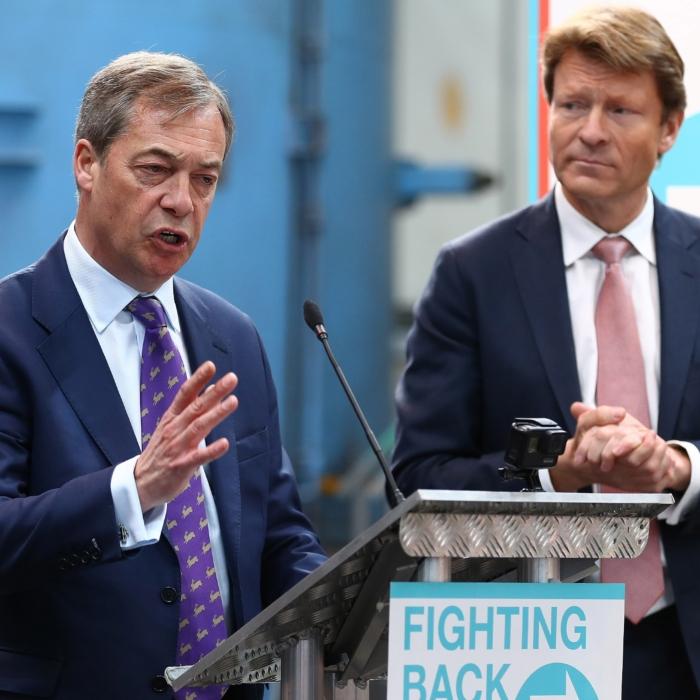At least 140,000 of bank accounts held by small businesses have been closed by banks in the past year, the Treasury Committee said on Tuesday.
The data are based on figures provided by eight major banks in the UK, including Barclays, HSBC, TSB, Lloyds, Santander, NatWest, Metro, and Handelsbanken, and amount to 2.7 percent of small business accounts.
Committee Chairwoman Harriett Baldwin MP said it’s “startling” to discover lenders’ readiness to close accounts “with little or no notice.”
Other reasons cited included banks’ risk or business appetite, account inactivity, or abusive or threatening customer behaviour.
However, only three banks—Barclays, NatWest, and Santander—listed “risk appetite” as a reason for bank closures, “with 4,214 cases listed,” the committee said.
Ms. Baldwin said it suggests “these discussions may not be systematically recorded.”
The figures provided to the Treasury committee covered either the entirety of 2023 or at least the first 10 months of the year, depending on the time of response.
Barclays, which has the most detailed breakdown, said almost 60 percent of its bank closures were over customers’ failure to provide updated information or documentation when the bank requested them as part of a regulatory know your customer requirement.
Almost a quarter of the accounts were closed because they had been dormant. Almost 5 percent of the closures were debt related, with a similar proportion related to bank risk appetite, and another 6 percent related to fraud or financial crime suspicions or other reasons.
TSB only detailed two main categories of rationale for account closures, including fraud or concerns of financial crime and “non-financial crime exit.”
‘Little or No Notice’
“One of the most startling pieces of evidence emerging from our inquiry into Access to Finance for small and medium-sized business is the readiness of lenders to close business bank accounts with little or no notice,” Ms. Baldwin said in a statement.She said the committee believes that “any company engaged in a legal business activity in the UK should be able to find a bank to offer them a bank account.”
The fact that “risk appetite” was not included in most answers raises question over “whether decisions on the de-banking of certain businesses, based on what banks perceive as a risk, are happening informally,” she added.
“We can see from these figures that thousands of small businesses fall foul of their bank’s risk appetite definition, leaving them without access to a bank account. I hope publishing this data can aid scrutiny of the decisions taken by banks and help to ensure legitimate businesses are not being unfairly treated.”
The issue of de-banking has been a focus of public scrutiny after Coutts, a private bank owned by NatWest, shut down the account of broadcaster and former politician Nigel Farage.
Tim Thomas, director of law firm Richardson Lissack and head of the firm’s financial services regulatory department, previously told The Epoch Times that vendors of high-value goods such as watches often have no choice but to use challenger banks because high street banks don’t like the risks involved.
Speaking to the Treasury Committee on Tuesday, Abby Thomas, chief executive and chief ombudsman of the Financial Ombudsman Service (FOS), said the watchdog has received 300 de-banking complaints in the past year, compared to 2,700 in total across personal and business customers.
Ms. Thomas said the FOS has not seen many cases in which banks had prioritised their reputation over duties to customers.
She also said she didn’t see an increase of complaints from politically exposed persons, who are subject to tighter rules because of anti-money-laundering laws, but there were some cases “where the bank’s perception was that a group may have had some association with extreme beliefs and also potentially some criminal activity.”







